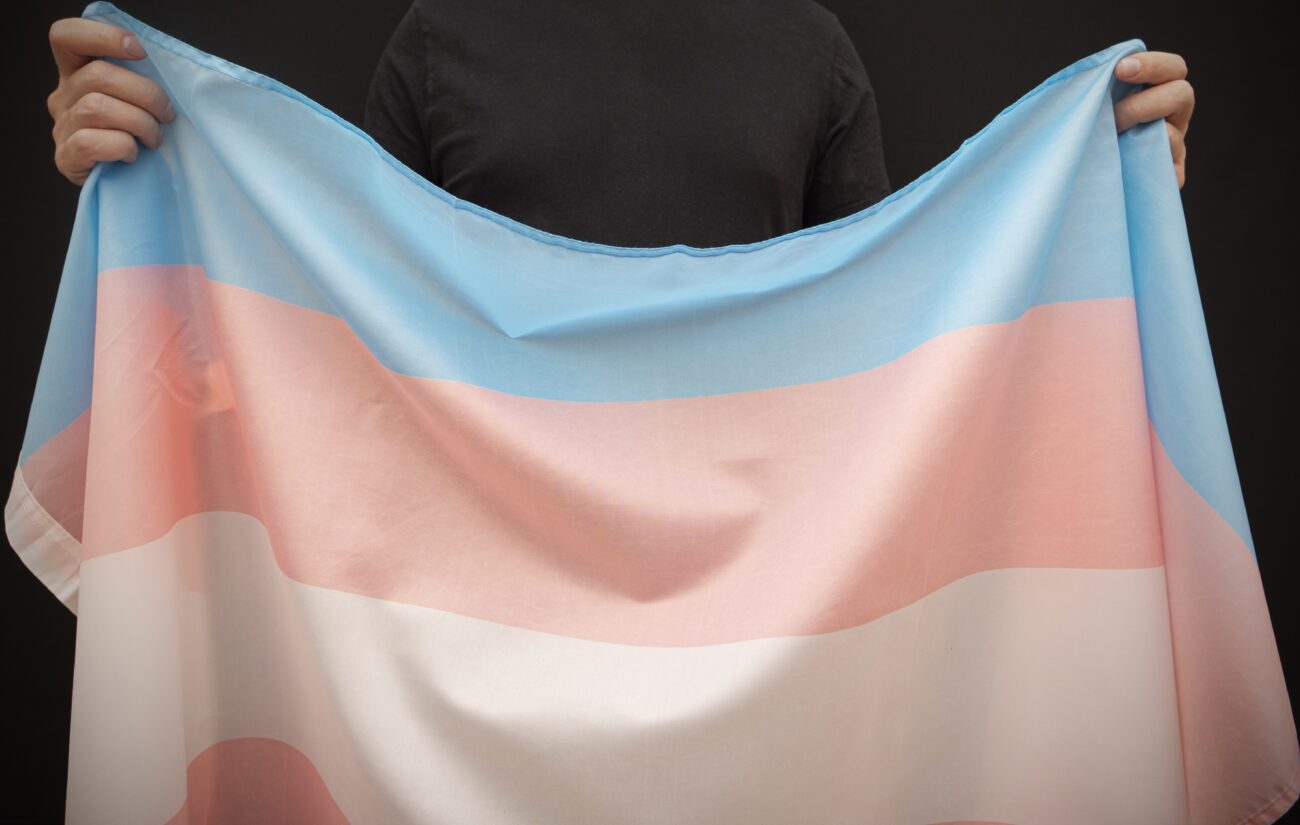Study reveals struggles of under-protected Caribbean transgender community
In commemoration of the International Transgender Day of Visibility last March 31, the United Caribbean Trans Network (UCTRANS) released a new study about the plight of transgender and gender diverse communities in the Caribbean.
Challenges such as the “inability to change their gender marker, employment discrimination and discrimination in health services” were identified as the top factors that are being faced by the community.
The discrimination and the lack of workplace and social protections for the transgender community has led to the unemployment of the 42 percent of the study’s respondents.
No Caribbean country except for Cuba is allowing transgender people to modify their gender on official identification.
Moreover, 78% of those who participated in the study—or four out of five respondents—reported having experienced depression or anxiety. But in that pool, there were only 32% who were getting health services that can be considered as trans-affirming or at least trans-competent.
“The cycle of displacement contributes significantly to this HIV risk,” said Alexus D’Marco, UCTRANS’ Executive Director. “If you are thrown out of the at an early age, experience gender-based violence and find yourself sleeping on beaches or the streets, you are more likely to have sex for a meal or a place to stay. Someone with education, access to housing and healthcare would be less likely to contract HIV.”
HIV prevalence is disproportionately high among Caribbean transgender people—51% in Jamaica, 28% in the Dominican Republic, 8% in Guyana and 3% in Cuba. In 2019, 5% of new HIV infections in the Caribbean were among transgender people.
“Gender identity recognition is important,” added D’Marco. “Every aspect of a trans person’s life—access to education, employment, housing, and healthcare—depends on their ability to show a valid identity card or documentation that aligns with their gender identity and expression.”
“It is beyond hormones,” said Yaisah Val of Community Action for the Integration of Vulnerable Women in Haiti (Action Communautaire pour l’integration des Femmes Vulnerable en Haiti, or ACIFVH). “We need legal recognition and documents.”
The study, titled Over-policed, Under-protected: The Experiences of Trans and Gender Diverse Communities in the Caribbean, was conducted in 2020 with the support of OutRight Action International.
It features feedback from transgender and other gender diverse respondents from 11 countries, garnered from surveys, individual interviews and focus group sessions.



